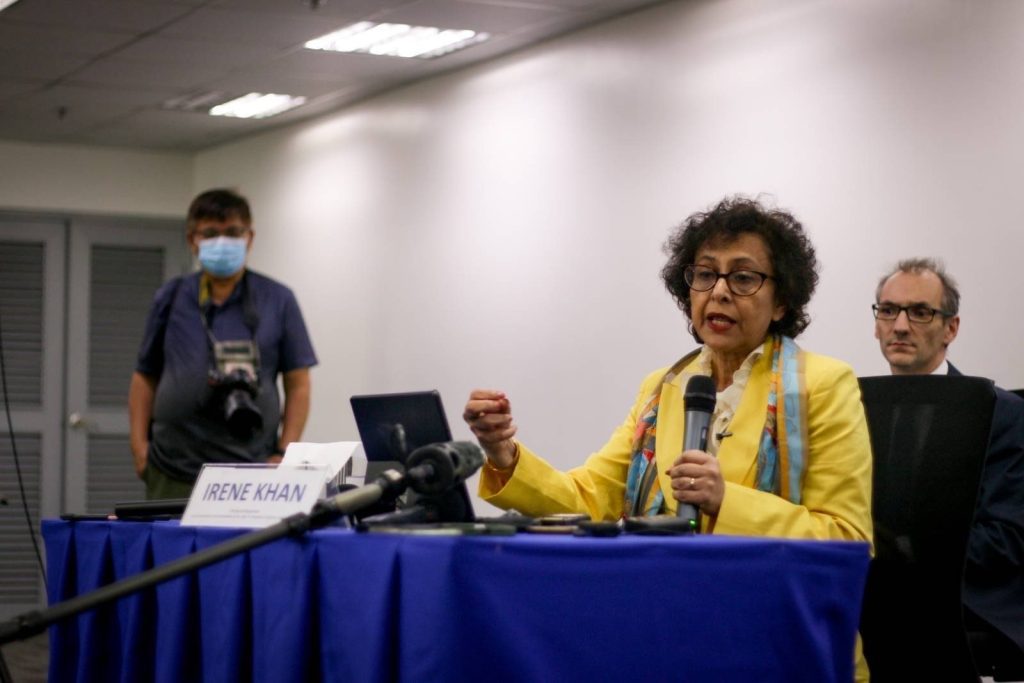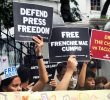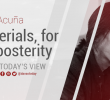
Altermidya Network, the broadest network of alternative media outfits and community journalists in the Philippines, welcomed United Nations Special Rapporteur (UNSR) Irene Khan’s initial report during her press briefing today where she stated that based on her consultations with various civil society organizations and media institutions, there appears to be clear evidence that red-tagging and “terror-tagging” are being used by state forces that produces a chilling effect on the freedom of expression and opinion.
The alternative media community also supports Ms. Khan’s recommendation for the abolition of the National Task Force to End Local Communist Armed Conflict (NTF-ELCAC) as well exacting accountability of perpetrators of red-tagging.
It should be noted that this is the second time a Special Rapporteur has recommended the abolition of NTF-ELCAC. However, we stress that Executive Order No. 70 passed in 2018, which created the said task force, should also be junked.
These recommendations are not only simple policy changes but represent pleas for the restoration of a safe and enabling environment for journalists and human rights defenders.
Altermidya Network is also heartened with UNSR Khan’s statement that website blocking – which has affected two of our network members, Bulatlat and Pinoy Weekly – is a “dire form of censorship. We hope that this statement will lead to the immediate reversal of the National Telecommunications Commission’s order to block these websites.
We find assurance in the fact that the UNSR has indeed listened to the pleas of civil society, and shunned the cover-ups various government agencies attempted.
The engagements of Ms. Khan during her visit, including dialogues with media groups and her visit to Frenchie Mae Cumpio, the youngest journalist imprisoned in the Philippines, emphasize a critical message: democracy falters when those tasked with uncovering the truth are jailed, harassed, or killed.
Altermidya Network’s participation in these discussions, alongside evidence presented on the systematic attacks against press freedom, highlighted the stark contrast between the government’s portrayal of a “vibrant democracy” and the harsh realities on the ground. The use of colonial-era laws like libel to harass journalists, the illegal confiscation of publications, and the blocking of websites are among the ways the state has sought to silence critical voices. These acts of repression, coupled with the red-tagging of journalists and media outfits, reveal a concerted effort of the state to undermine the foundations of a truly democratic society.
UNSR Khan’s tone in her exit statement underscores a critical concern: the weaponization of the law against those who dare to report the truth. The continued detention of Frenchie Mae and the incessant attacks on community journalists and alternative media outlets highlight an environment where free expression is perilously under threat.
We trust that the insights and testimonies shared with UNSR Khan will serve as a foundation for a more comprehensive report that will shed light on the urgent need for international solidarity and action to safeguard press freedom in the Philippines.
journalists, NTF-ELCAC, philippines, Red-tagging, United Nations









